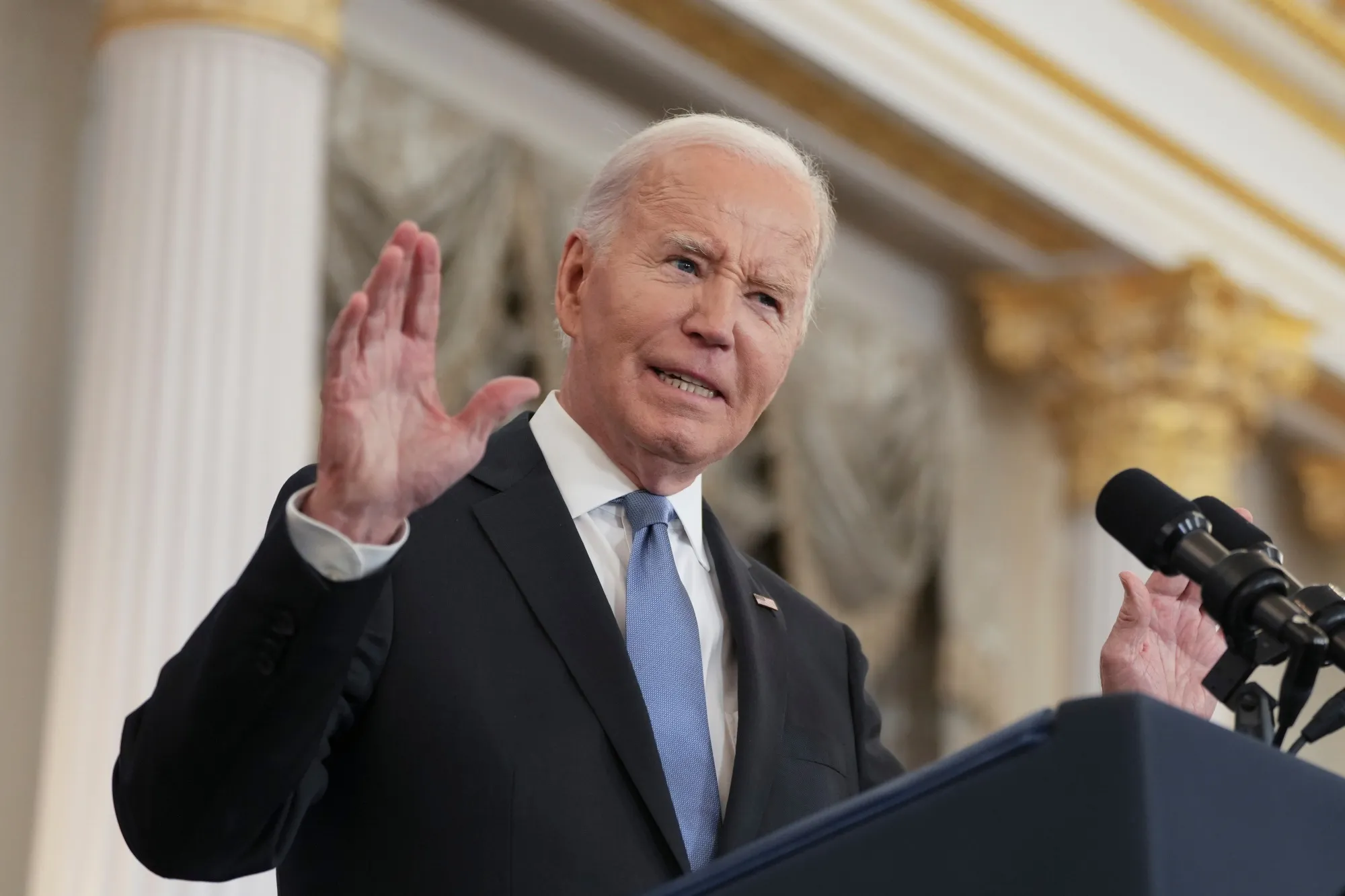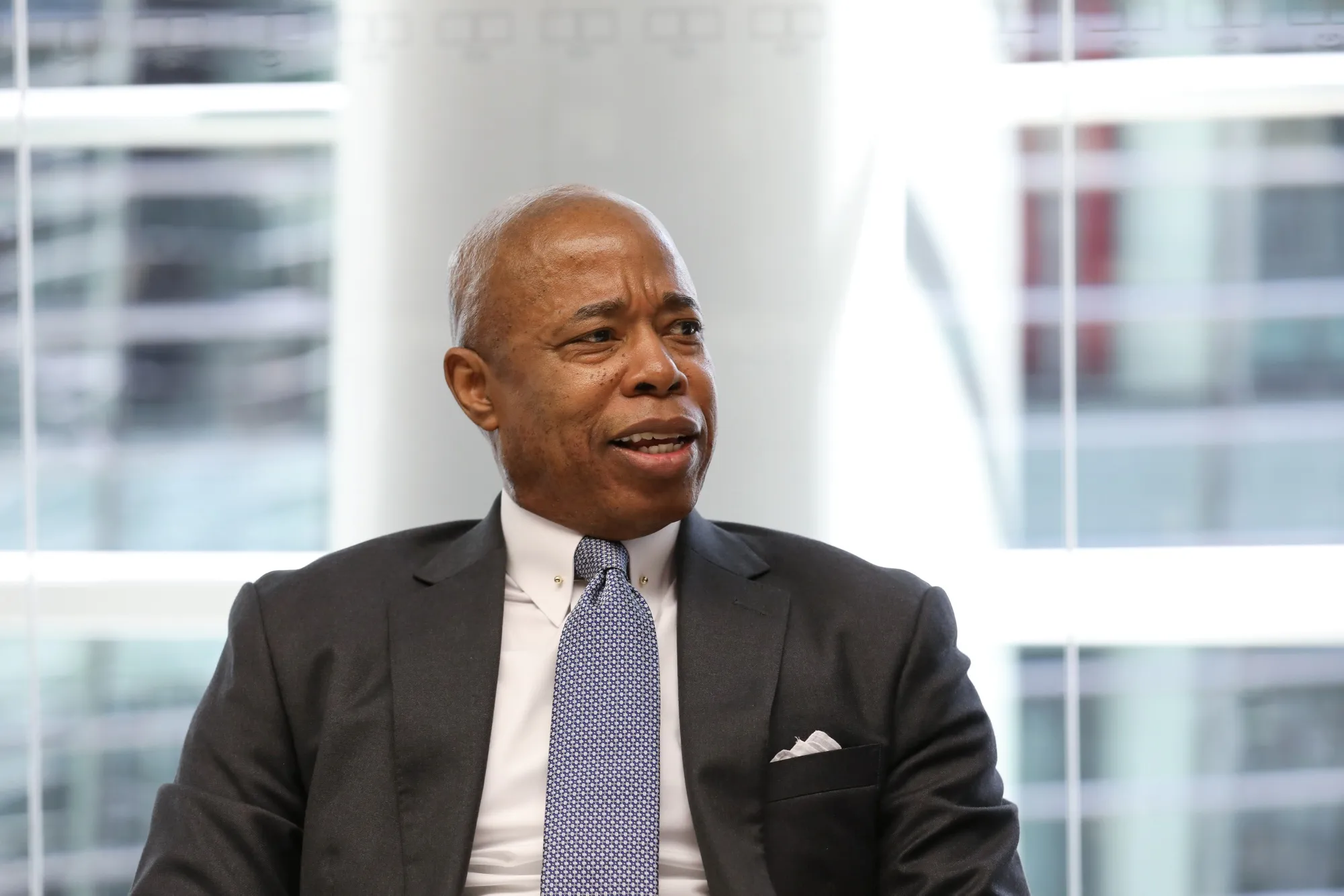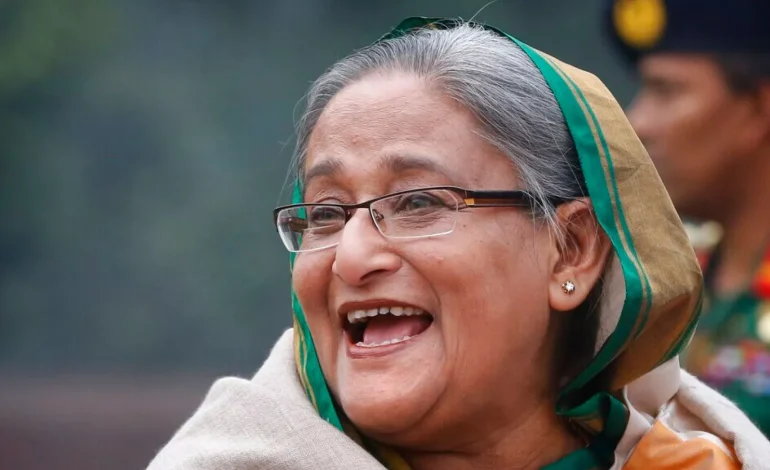A court in Bangladesh has initiated an investigation into former Prime Minister Sheikh Hasina’s alleged involvement in the police killing of a man during the violent protests that ultimately led to her ousting, CNN reports, citing state media.
The murder allegations target Hasina, who fled the country earlier this month amid widespread unrest. She is accused alongside other high-ranking officials in the death of a grocery store owner on July 19, as reported by Bangladesh Sangbad Sangstha news agency. This murder complaint, which was filed on Tuesday in the Dhaka Metropolitan Court, marks the first legal action taken against Hasina following her government’s brutal crackdown on mass protests challenging government employment quotas.
The protests, which erupted last month, resulted in approximately 300 deaths during clashes between students, government supporters, and armed police. Of those killed, at least 32 were children, according to the United Nations’ children’s agency. The murder case also implicates Hasina’s former home minister, Asaduzzaman Khan, the general secretary of her party, and four former high-ranking police officials.
In her first public response since leaving Bangladesh, Hasina called for an inquiry into the “heinous killings and acts of sabotage” that transpired during the protests. Her statement, shared on X through her son, did not address the murder allegations but cited “sabotage, arson, and violence” as factors contributing to the loss of innocent lives.
“I demand a thorough investigation to identify and bring to justice those responsible for these heinous killings and acts of sabotage,” Hasina stated.
Originally sparked by opposition to a government quota system reserving 30% of civil service positions for relatives of veterans from the 1971 war for independence, the protests evolved into a nationwide movement demanding Hasina’s resignation. The government’s violent crackdown only intensified the protests, even as Hasina’s administration rolled back certain quotas.
As tensions escalated, Hasina accused the opposition of instigating the violence and instituted internet blackouts and an indefinite curfew nationwide. Ultimately, she fled to neighboring India, marking the end of her 15-year rule while crowds in Dhaka celebrated her departure by storming her official residence, causing extensive damage and looting.
Following Hasina’s exit, the parliament was dissolved, and Nobel laureate Muhammad Yunus was appointed to head a caretaker government, with elections expected to be held within 90 days.









